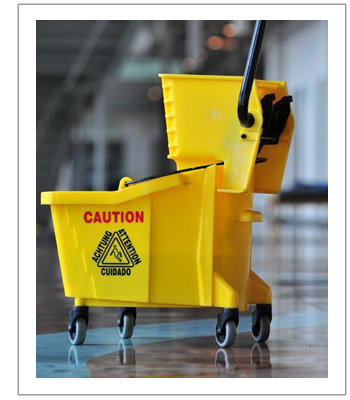 Paul E. Lee has experience in handling Premises Liability cases. If you or someone you know has been affected in the state of by Premises Liability, we can help.
Paul E. Lee has experience in handling Premises Liability cases. If you or someone you know has been affected in the state of by Premises Liability, we can help.
The term “premises liability” refers to the liability of certain persons for injuries and damages to others arising from the ownership or possession of real property. In California, premises liability is based on general principles of negligence and is controlled both by statute and case law.
As in any other negligence action, the injured person must establish the following:
1) The existence of a duty on the part of the defendant to use due care;
2) A breach of this legal duty; and
3) The breach as the proximate or legal cause of the resulting injury.
Premises liability actions have traditionally involved “slip and fall” or “trip and fall” causes of action. Premises liability is not, however, limited to such causes of action and includes, among other things, construction accidents, dog bite cases, lead poisoning, defective and/or inoperative lighting, failure to warn of hazardous conditions, and injuries caused by the negligent or willful conduct of third persons on the premises involved.
In determining who is liable in a premises liability action, the crucial elements are ownership, possession, and control of the premises. The person who owns, possesses, or controls the premises is the one responsible for any injuries arising from a condition of the premises.
The landowner’s duty differs based on the status of the occupier and the visitor. There are three different legal types of visitors and the degree of responsibility owed by the owner varies according to the status of the injured person.
The three types of visitors are:
- 1) Invitees or business visitors An invitee is a business visitor who is invited or permitted to enter or remain on the land of another for the purpose directly or indirectly connected with business dealings between such person and the owner or possessor of the land.
- 2) Licensee A licensee is a person who comes onto the land of another by consent or permission, but for his or her own purpose having no relation to the business of the owner or occupant.
- 3) Trespassers A trespasser is a person who enters or remains on the land of another without a privilege or consent to do so.
The term “invitee” is misleading. A social guest may be invited, but is still considered to be a licensee. The distinguishing characteristic of an invitee is a mutual business interest with the occupant of the premises, while a licensee is on the premises for his or her own purpose.
AA-Accident Attorneys, PLC legal professionals are experienced in handling premise liability cases inside the state of California, with offices located in Southern in Los Angeles, Orange, Ventura, Santa Barbara, Kern, San Luis Obispo, Riverside, San Bernardino, San Diego counties…and in Northern in Alameda, Marin, Placer, Sacramento, San Francisco, San Mateo and Santa Clara counties, as well as Nevada and Las Vegas.
If your case involves the Federal courts, AA-Accident Attorneys, PLC has handled many personal injury cases that involved Federal court rulings for defective products and dangerous drugs. Call us today at 800.260.2577.
[widgets_on_pages id=”disclaimer”]

